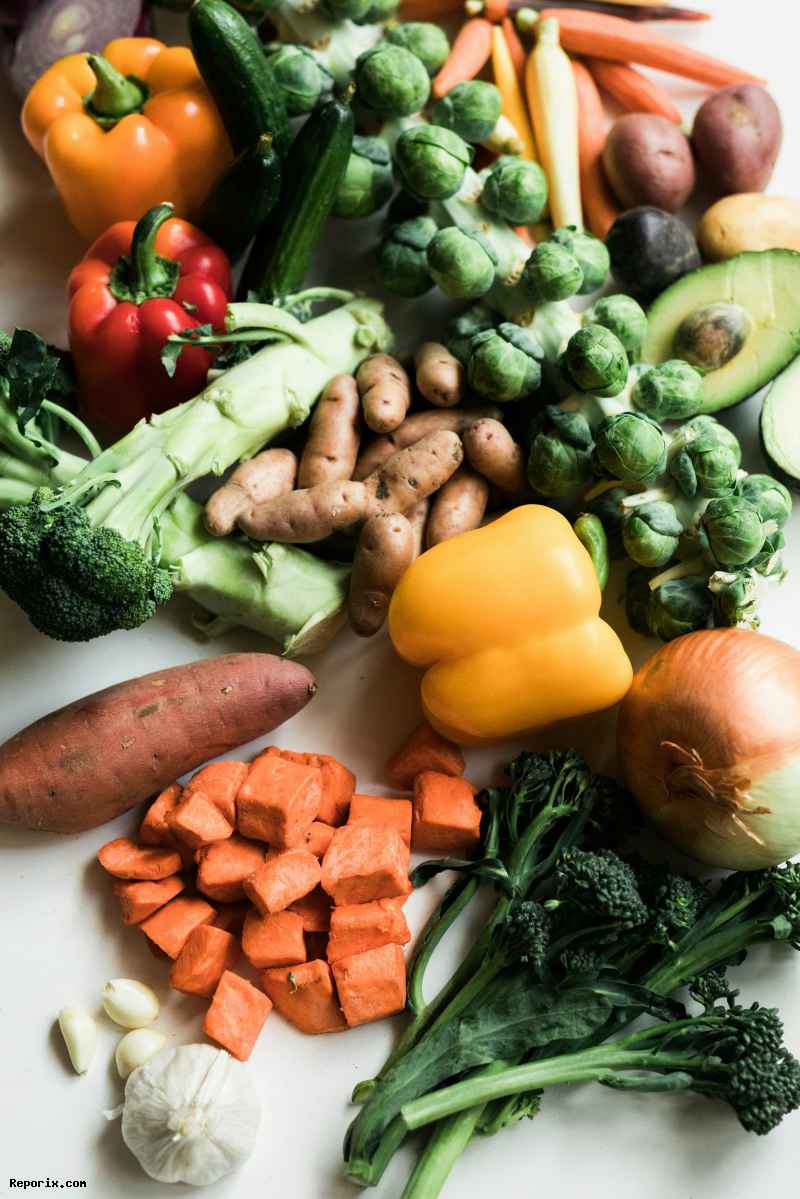Healthy eating doesn’t have to be complicated or overwhelming. It’s not about strict rules or giving up all your favorite foods — it’s about listening to your body, nourishing it properly, and still enjoying what’s on your plate. When we focus on balance and variety, rather than perfection, we lay the foundation for long-term well-being.
A healthy diet starts with what we put on our plate every day. Fresh vegetables and fruits should play a leading role — ideally five portions or more. Vegetables like broccoli, spinach, carrots, and bell peppers are packed with fiber, vitamins, and antioxidants. Fruits such as berries, apples, and bananas provide natural sweetness, though it’s best to enjoy them in moderation due to their sugar content.
Whole grains are another key building block. Foods like oats, quinoa, sweet potatoes, and whole grain bread offer long-lasting energy and help keep blood sugar stable. It’s wise to avoid highly processed carbs like white bread or pastries, which often cause energy crashes and provide little nutritional value.
Proteins are essential for muscle maintenance, energy, and a strong immune system. Plant-based sources such as lentils, beans, tofu, and chickpeas are not only nutritious but also environmentally friendly. For those who eat animal products, fish like salmon and mackerel, eggs, and lean meats are good options — as long as they’re eaten in moderation.
Fats, too, are an important part of a balanced diet. Healthy fats — especially those found in avocados, nuts, olive oil, and flaxseeds — support brain function and hormone health. The real culprits are trans fats, which are commonly found in fried foods and packaged snacks. These should be minimized whenever possible.
Equally important as what we eat is what we try to reduce. Excess sugar, often hidden in soft drinks, sweetened yogurts, and candy, can lead to energy crashes and long-term health issues. High salt intake from processed foods like chips, canned meals, and deli meats can affect blood pressure. And while an occasional glass of wine might be fine, keeping alcohol to a minimum supports liver health and mental clarity.
Creating healthy habits doesn’t require dramatic changes. Simple routines, like planning weekly meals and preparing healthy snacks in advance, can make a big difference. Taking time to eat mindfully — without screens, while chewing slowly — improves digestion and helps us recognize when we’re full. Drinking enough water throughout the day, along with herbal teas or naturally infused water, supports overall energy and focus.
Today, there are countless eating styles — from Mediterranean diets and plant-based living to low-carb approaches and intermittent fasting. Each has its benefits and drawbacks, depending on individual needs. The Mediterranean diet, for example, is great for heart health and rich in vegetables and olive oil, though it can be expensive. Vegetarian and vegan diets are environmentally friendly and low in cholesterol, but they require attention to nutrients like vitamin B12 and iron. Low-carb and keto diets may lead to quick weight loss, but are hard to maintain over time. Intermittent fasting works well for some people, offering simplicity and digestive benefits, but it isn’t for everyone.
There are also many nutrition myths that still circulate. The idea that “fat makes you fat” is outdated — in fact, healthy fats are vital for energy and cell health. Light products aren’t always healthier either; they often contain artificial sweeteners or additives. Meanwhile, eating local and seasonal produce truly does make a difference — it’s fresher, more nutrient-dense, and better for the planet.
In the end, healthy eating should feel good — not restrictive or stressful. It’s not about following every trend or avoiding every indulgence. It’s about finding a rhythm that works for you, eating foods that nourish and satisfy, and embracing the idea that small changes over time lead to lasting improvements. When we eat with intention and enjoyment, our bodies — and minds — thank us for it.




